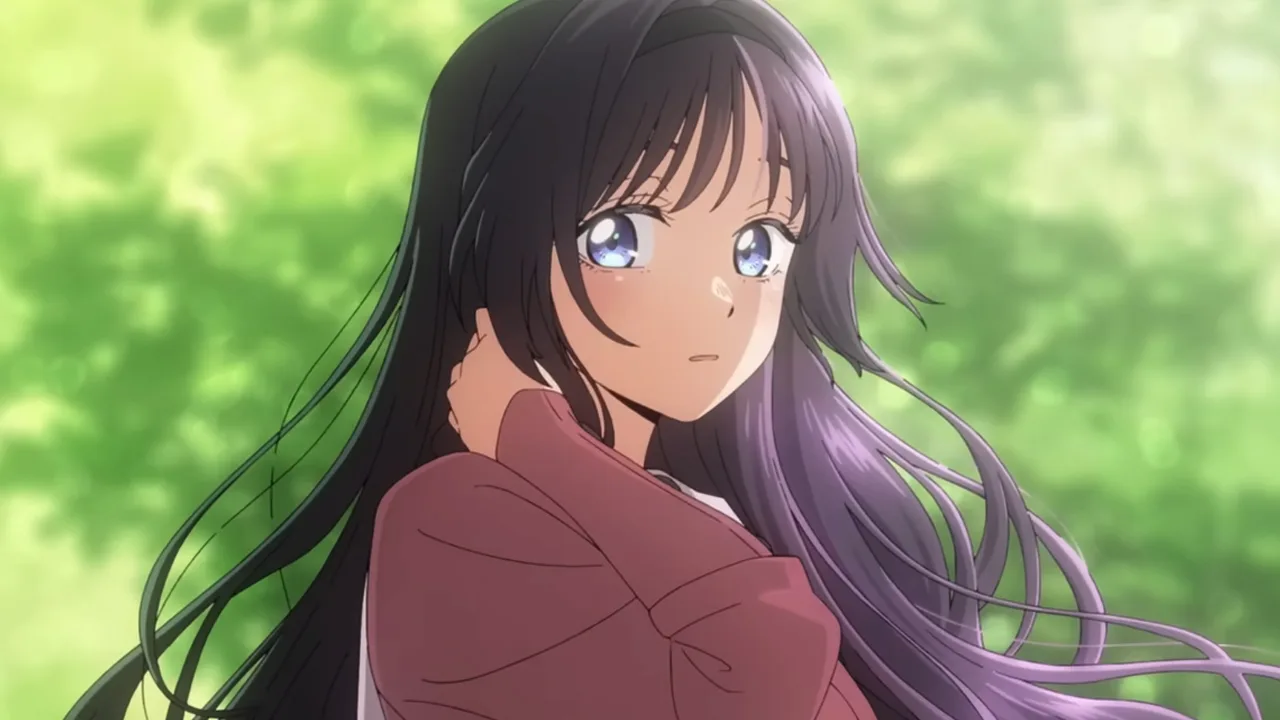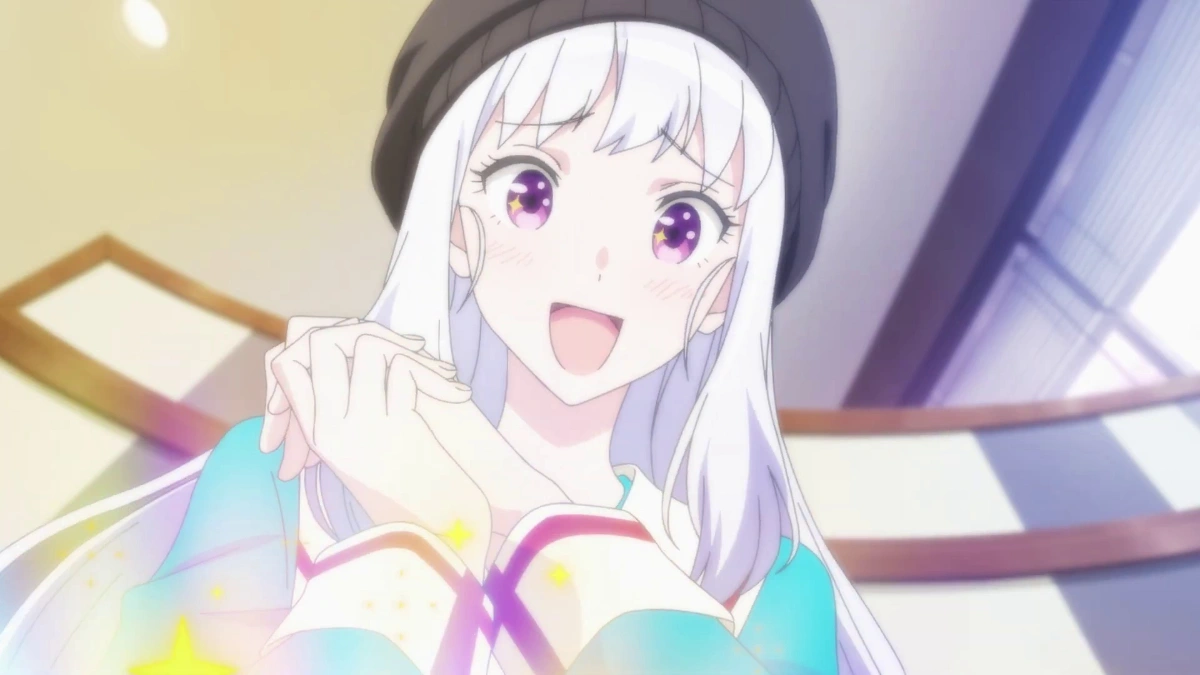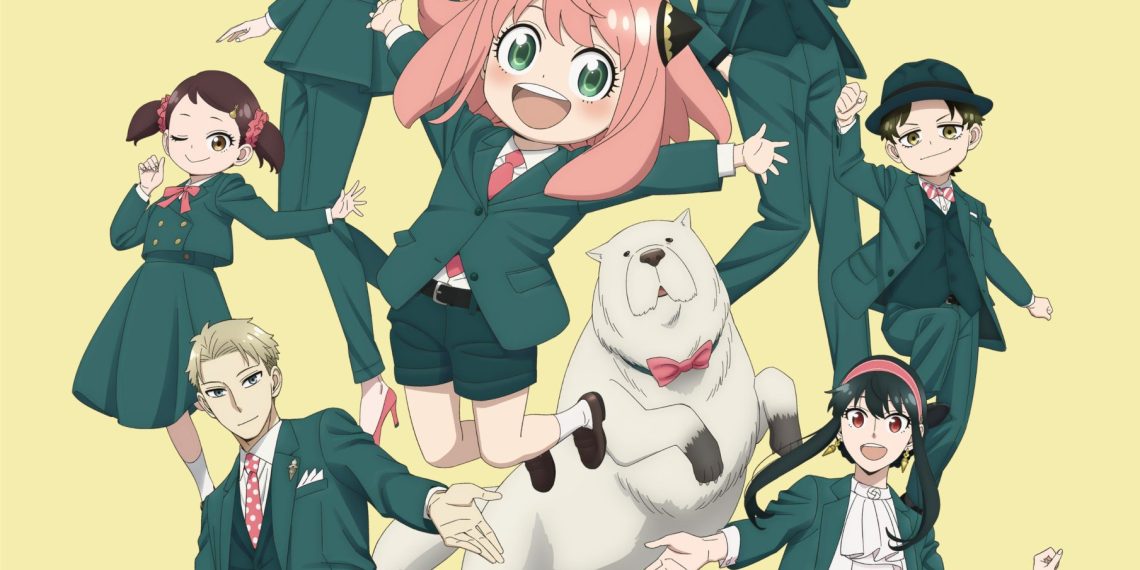In a controversial move, Catholic leaders from several countries have petitioned the Vatican to officially denounce certain forms of Japanese animation. Specifically targeting ecchi anime and series with fanservice-heavy content, they argue that these shows are harmful to youth and undermine the Church’s teachings on modesty, family values, and sexual morality.
The call to action reportedly originated during a recent clergy conference held in Spain, where conservative church leaders discussed growing concerns about the rise of secular and “hyper-sexualized” media. A bishop from Argentina cited the global influence of anime like High School DxD and Prison School as examples of “moral decay,” according to a report from Crux Now.
A Cultural Crisis or Overreaction?

Those in favor of Vatican intervention claim that anime is replacing religious education as a source of emotional guidance for teenagers. They argue that the medium’s mix of escapism, sexuality, and rebellion creates a “pseudo-faith” where characters become idols and fantasy triumphs over morality. According to these critics, the Pope’s silence signals tacit approval.
However, not everyone in the Church agrees. Some theologians believe that condemning anime would alienate younger Catholics rather than bring them closer. They argue that selective engagement with media—rather than blanket bans—is more effective. Others warn that focusing on fictional characters distracts from more pressing issues within the Church.
The Battle Over Anime’s Influence

Supporters of anime push back strongly on the narrative. Fans point out that anime spans genres and themes, many of which promote empathy, friendship, and perseverance—values consistent with Christian teachings. Titles like Your Lie in April or A Silent Voice are often used as examples of anime’s emotional depth and moral reflection.
Still, the ongoing debate has sparked renewed scrutiny of anime conventions, cosplaying, and online communities. Religious groups claim these spaces contribute to the normalization of “immodest” imagery and ideas. Parents are now being advised by church bulletins to monitor their children’s streaming habits for “unholy content.”
Will the Vatican Respond?

So far, the Vatican has not issued a public response. The Pope has occasionally commented on media influence in modern life, but anime has never been addressed directly. If the petition gains enough traction, it could mark the first time the Holy See weighs in on Japanese animation as a moral concern.
Regardless of the outcome, the controversy highlights an ongoing cultural divide between traditional religious institutions and the digital-native generation. As anime’s influence continues to grow worldwide, the Church may be forced to either adapt its approach—or risk further alienating a global youth audience.
Also Read: 25 Anime Parents Would Probably Ban if They Knew the Plot




